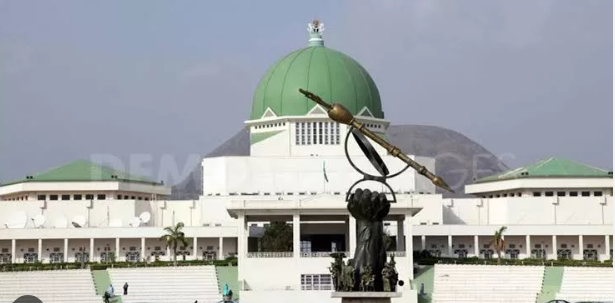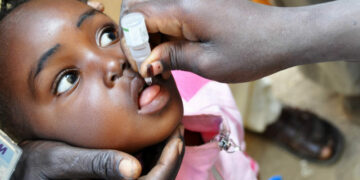Recently, a coalition of civil society organisations (CSOs), announced it had backed a submission to the National Assembly advocating the adoption of laws prohibiting Female Genital Mutilation (FGM) in the country.
We recall that despite the Violence Against Persons Prohibition (VAPP) Act 2015, the practice is still widespread even though over 20 states have domesticated the act.
We are not oblivious of the fact that many ladies seeking asylum in western countries are using this nagging issue of female genital mutilation ( FGM) as reason for their application.
Meanwhile, section 6 of the VAPP Act, which makes provisions for the protection of the rights of women and girls at individual, household, and community level, also provides for a set of punishments for FGM, which include; Anybody who performs or engages another to perform FGM on any person is liable, on conviction, to a term of imprisonment not exceeding four years or to a fine not exceeding N200,000 or both.
Anyone who incites, aids, abets, or counsels another person to perform FGM or engage another to perform FGM is liable on conviction to a term of imprisonment not exceeding two years or to a fine not exceeding 100,000.00 Naira (US$277.3010), or both.
According to the United Nations Children Education Fund (UNICEF), in 2012, 27 per cent of Nigerian women aged 15 to 49 underwent FGM, while in some regions of the country, in 2016, the prevalence of FGM halved. However, as of 2022, it is rising among girls aged 0–14, placing Nigeria as the third highest country for FGM worldwide in terms of percentage.
This newspaper notes with dismay that the proposed attempt by the nation’s legislature to repeal the Violence Against Persons (Prohibition) Act (VAPP) 2015, which, unfortunately, has scaled second reading. We are further concerned that the repeal is not taking into consideration, the fact that the process could have profound implications for the protection of human rights and the fight against gender-based violence in Nigeria.
We recognise that there’s no perfect law anywhere in the world hence the provision of amendment clauses. But the National Assembly did not consult widely before commencing the repeal process. Expectedly, this has led to widespread criticisms and suspicions as a more open and transparent process would have helped provide clarity for both sides to be able to come to some agreement on the Laws for an amendment rather than outright repeal.
It is important to point out that in July 15, 2024, The Gambia’s National Assembly decisively rejected a Bill that sought to repeal the 2015 ban on female genital mutilation (FGM).
The vote was overwhelmingly in favour of maintaining the current law, with 48 members voting against the repeal and only five supporting it, a decision which reflected a commitment to upholding the 2015 legislation, which was initially introduced to protect women and girls from the harmful practice of FGM.
The bill, if passed, would have overturned a 2015 ban on the harmful practice, which was one of the few legal protections for women and girls in that West African country.
The Gambia has one of the highest rates of FGM in the world, faced by 73 per cent of women and girls aged 15 to 49.
It is from this perspective that we posit that the protection of rights and well- being of girls and women across the country should be paramount above anything else.
Quite a number of international instruments that seek to protect women’s rights have over the years been passed into law, like The Convention on the Political Rights (1953), which was adopted and opened for signature and ratification by General Assembly Resolution 640(III) of 20th December 1952 but it came into force on 7th July 1954.
The United Nations Decade for Women closely followed the International Women’s Year and since then, the United Nations has held several world conferences on women each providing a platform for action towards promoting equality of women with men.
They not only recognise the principle of non discrimination, but also guaranteed women a lineup of rights, including the Convention on the
Elimination of all Forms of Discrimination Against Women (CEDAW).
JGiven the law’s role in protecting vulnerable individuals and promoting human rights, the proposed repeal has sparked widespread debate and opposition from human rights organisations, gender advocates, and the public who support the continued enforcement of laws that protect the vulnerable against violence and discrimination.
There are fears that the new legislation being considered in place of the VAPP 2015 Act has many downsides, which waters down criminalization of rape and some sections of the VAPP Act 2015.
While we reiterate the need for nationwide campaigns to raise awareness on the proposed bill, support and collaboration are vital to the success of any legislative measures.
The health ministry should also embark on this all important task of educating the communities about the legal and health implications associated with the harmful practice of FGM, with the involvement of traditional leaders, and religious institutions in the fight against FGM.





